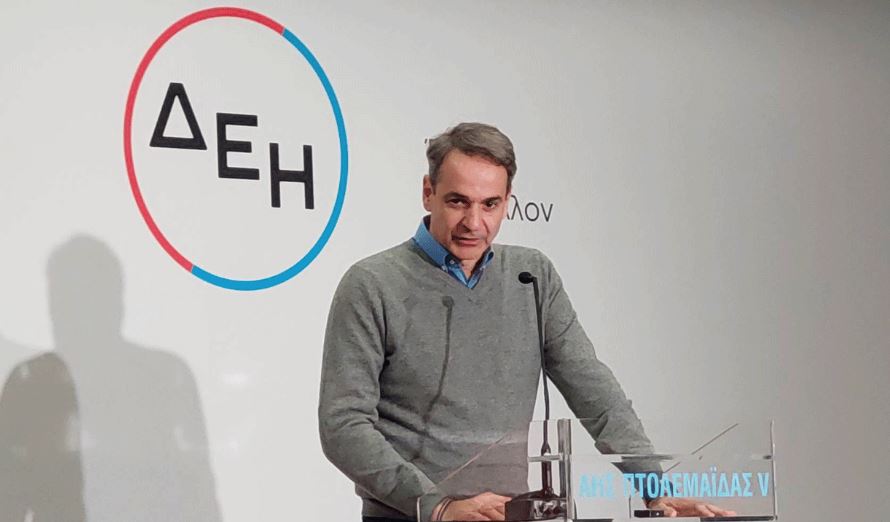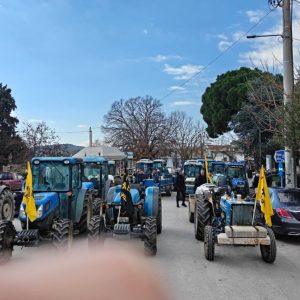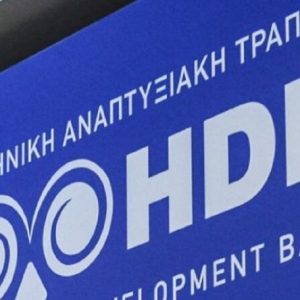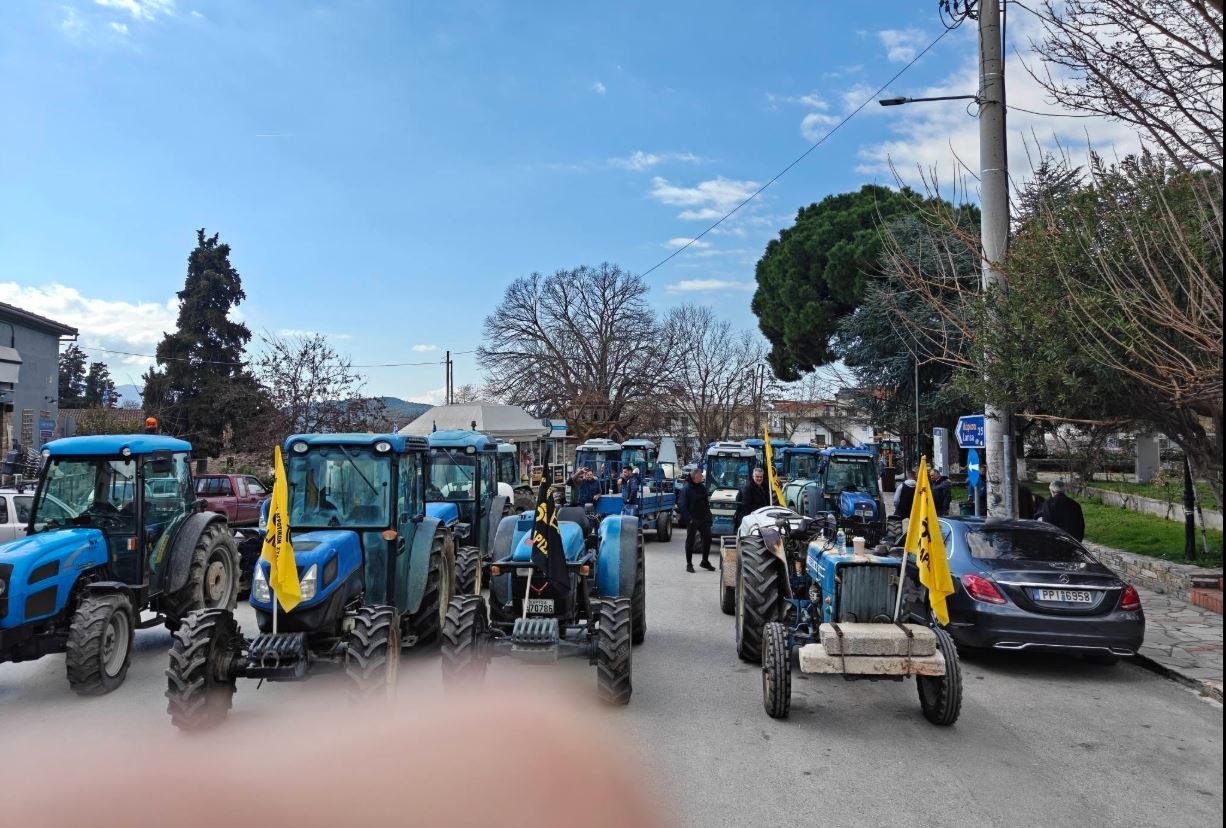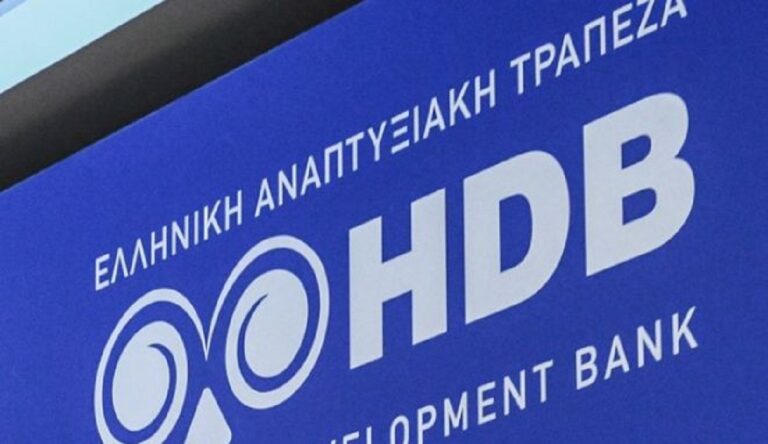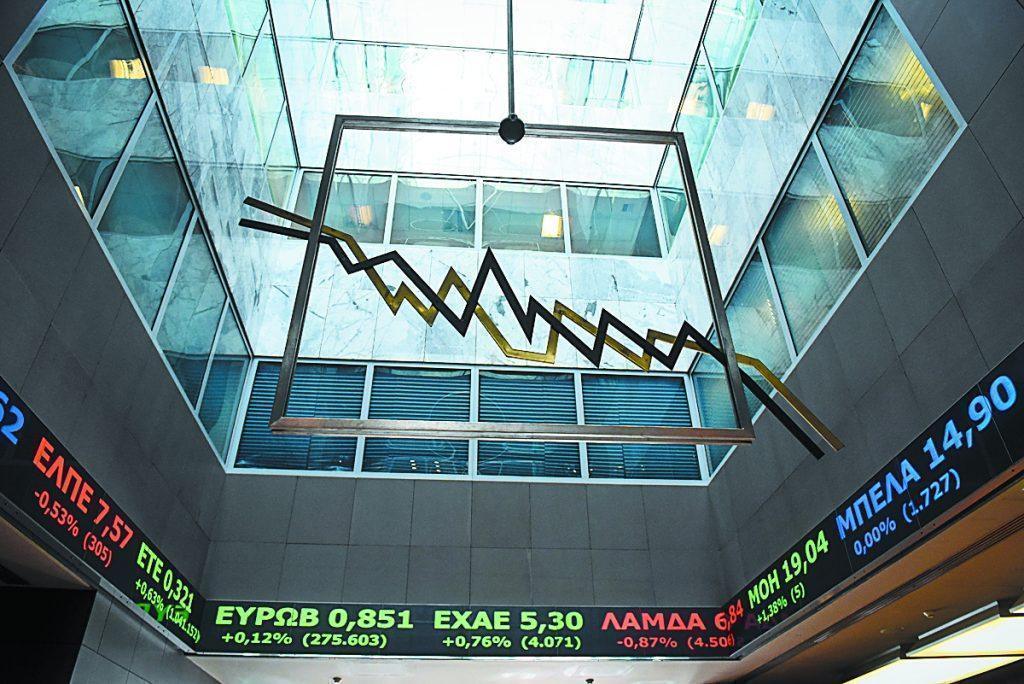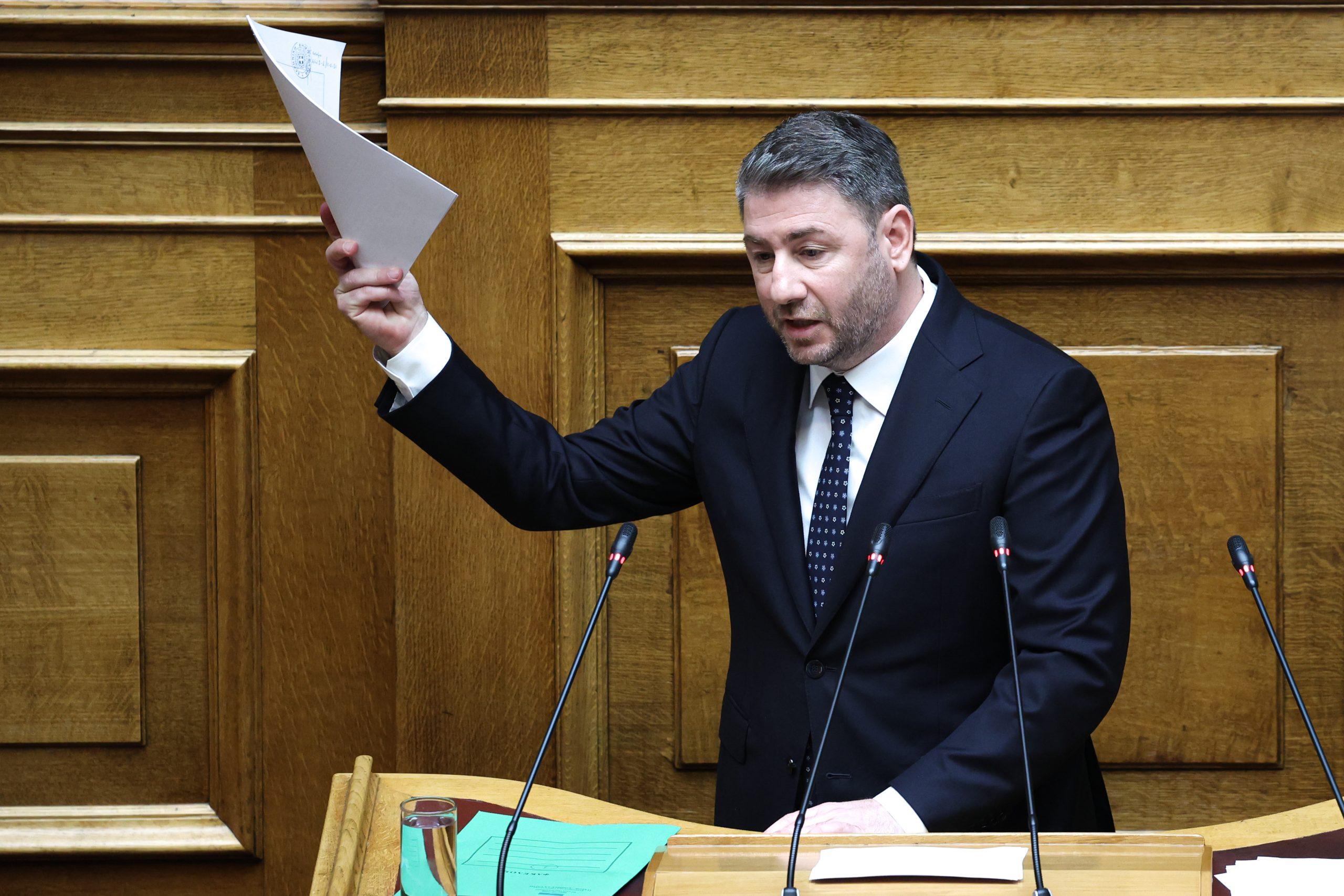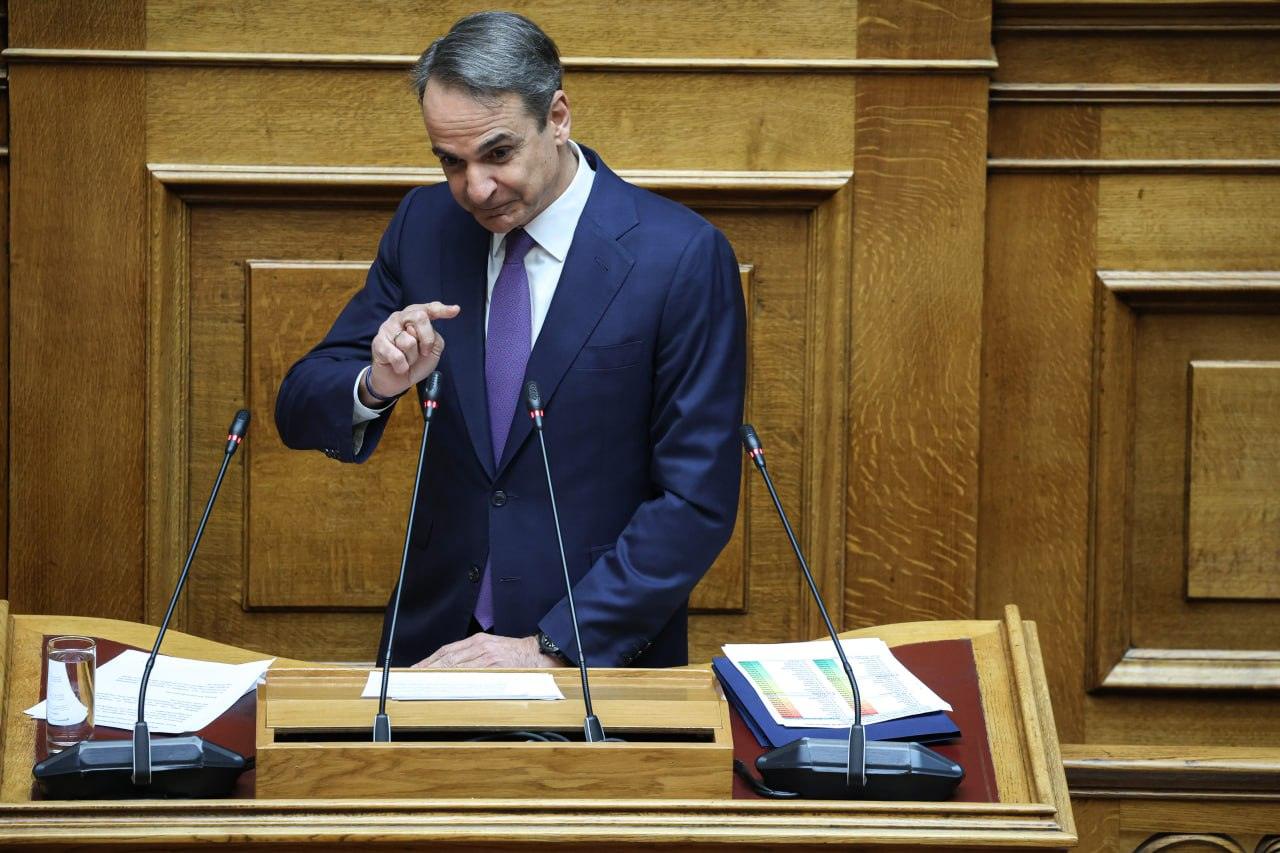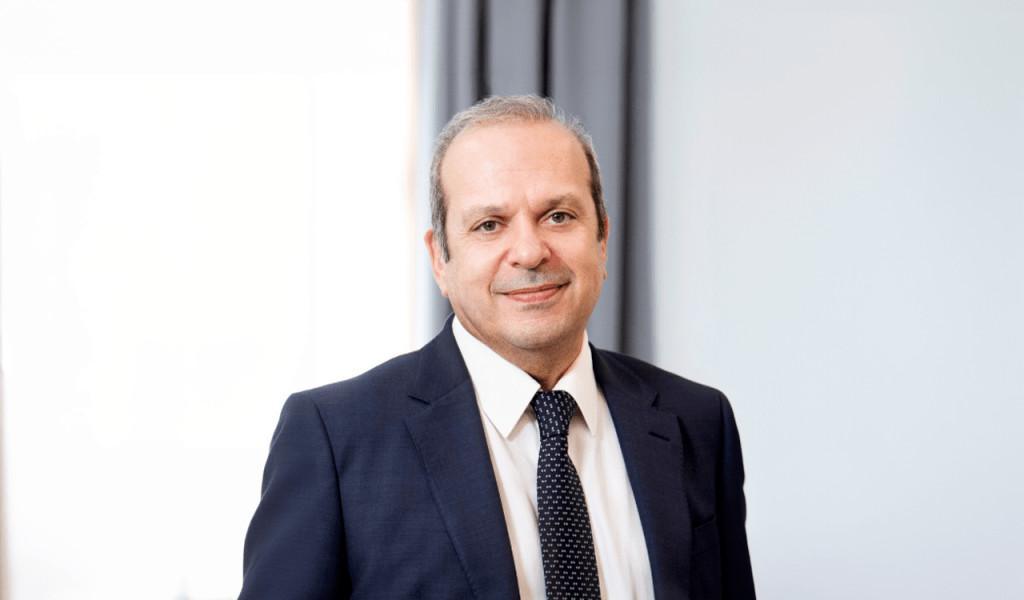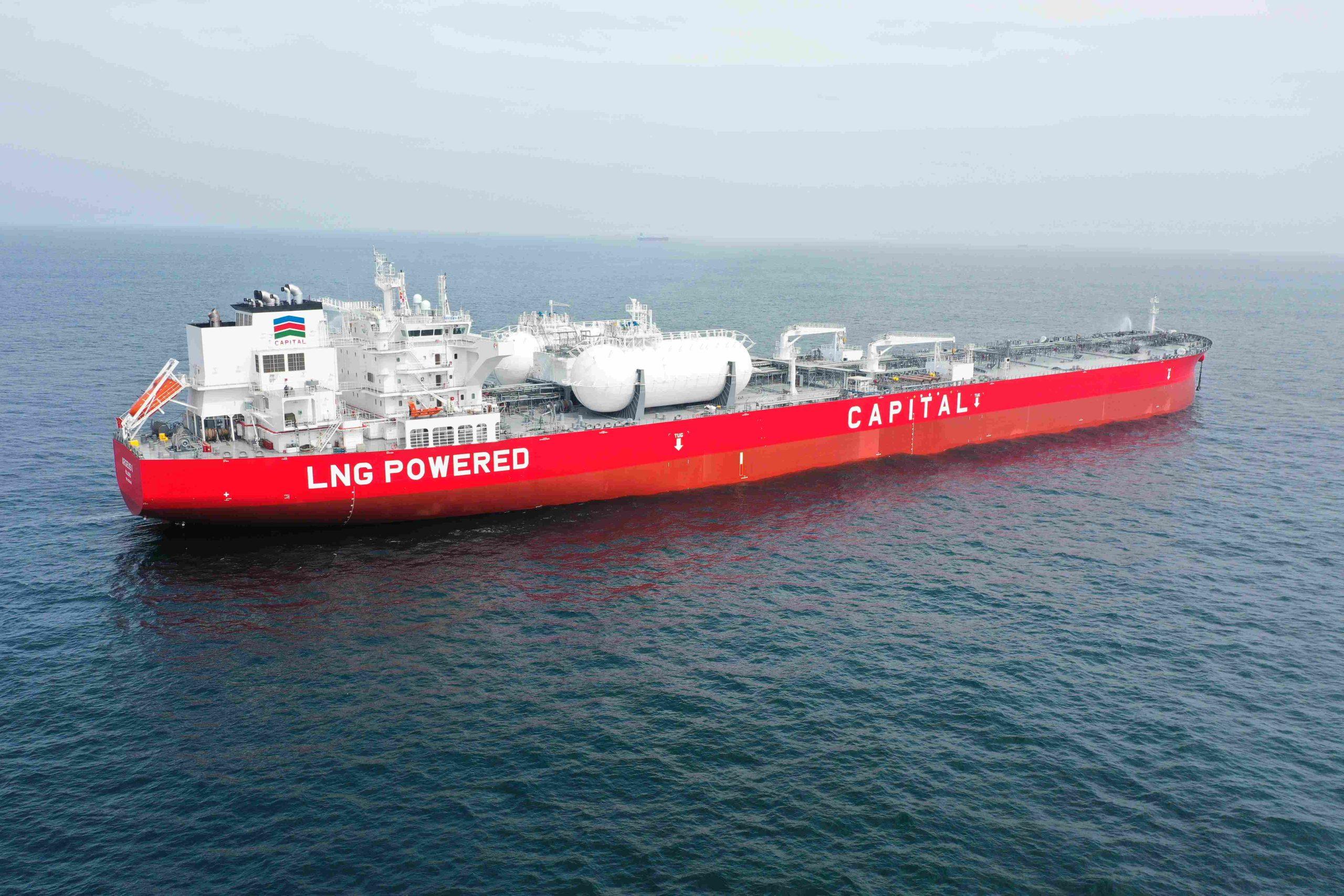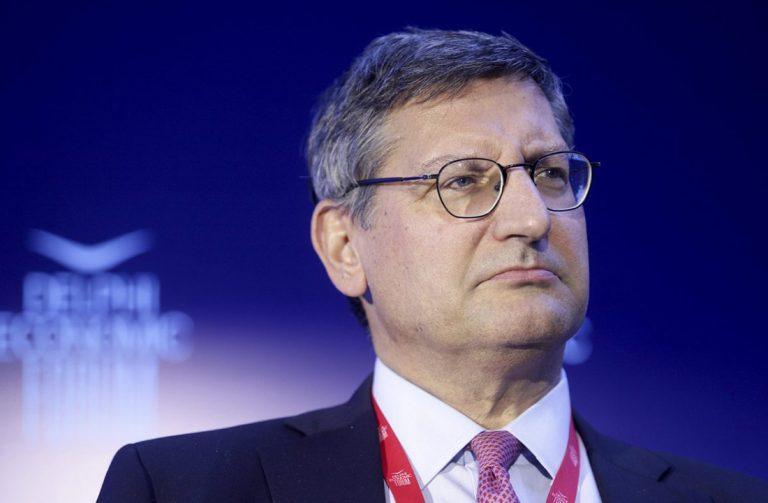The path to green transition in a way that shields the country’s energy security is shown by two major PPC projects.
The first is the state-of-the-art lignite unit “Ptolemaida 5” and the second is the construction of the largest 200 MW photovoltaic park in the Ptolemaida mines.
Ptolemaida 5
Prime Minister Kyriakos Mitsotakis visited the facilities of the 660 MW power plant using lignite fuel on Tuesday afternoon.
The unit is in trial mode and will soon start commercial operation.
At “Ptolemaida 5” he was welcomed by the Minister of Environment and Energy Kostas Skrekas, the president and CEO of PPC Giorgos Stassis and the president and CEO of GEK TERNA, which built the plant, Giorgos Peristeris.
Mr. Mitsotakis, after being given a guided tour by Mr. Stassis and PPC executives at the unit, emphasized that “my visit is connected to an important energy security project for the country. A project that leaves significant added value. This is a project perfectly compatible with our strategy as it ensures the country’s energy security and does everything possible, thanks to technology, to leave a low environmental footprint. It needs less lignite and emits less carbon dioxide pollutants.”
Strategic reserve
According to the prime minister, “Ptolemaida 5” will be a strategic reserve unit in the future.
This particular unit, said Mr. Mitsotakis, marks the 70th anniversary of PPC’s presence in the region of Western Macedonia.
The largest photovoltaic
The prime minister emphasized once again regarding the energy planning of the country: “The strategy of the green energy transition is a given and non-negotiable. And PPC is making its own transition by building the large photovoltaic park. In the course of the transition, we must not forget energy sufficiency in the coming years”, he concluded.
Skrekas
From the facilities of Ptolemaida 5, Mr. Skrekas announced some comparative advantages of the unit compared to other existing and older lignite plants:
· The production of 1 MWh of electricity requires the burning of 1.5 tons of lignite, while the existing lignite plants burn 2.2 tons.
· Fuel costs are at 30 euros/MWh compared to 45 euros/MWh of the existing units.
· The CO2 cost is at 90 euros/ton while in the existing lignite units it is at 120 euros/ton.
· The cost of electricity production is at 120 – 130 euros/MWh while in the existing lignite units it amounts to 170 euros/MWh.
According to Mr. Skrekas, Ptolemaida 5 can even compete with natural gas plants
Stassis
For his part, the president and CEO of PPC Giorgos Stassis emphasized that “clean energy is at the center of PPC’s strategy. However, our country also needs energy sufficiency. “Ptolemaida 5 takes on a new role of energy security”.
The president of PPC pointed out that “Western Macedonia will remain the heart of our energy system” and in addition, speaking about the transition of the company, he said that in Ptolemaida the company is building the largest photovoltaic park in Europe. It is noted that the total power will be 200 MW, while the first 50 MW power section is nearing completion.
Peristeris
The president and CEO of GEK TERNA Giorgos Peristeris taking the floor taking pride in the new unit thanked the workers and partners for the construction of the unit who responded in a difficult economic environment, as well as the local community that embraced the project, and the workers. He also thanked PPC for the very good cooperation.
The president and CEO of GEK TERNA spoke about the difficulties of the project, and also spoke about the necessity of the country’s energy independence: “I would like to close by saying what we said at the signing of the contract for the unit, for God’s sake we must not leave the domestic sources of energy. Especially those that have a large domestic added value. Lignite does have a larger environmental footprint than other energy sources, but with a gradual reduction of natural gas and an increase in Renewable Energy Sources, we can keep production in Greece, and Greece can be an energy independent country, even an exporter.”
